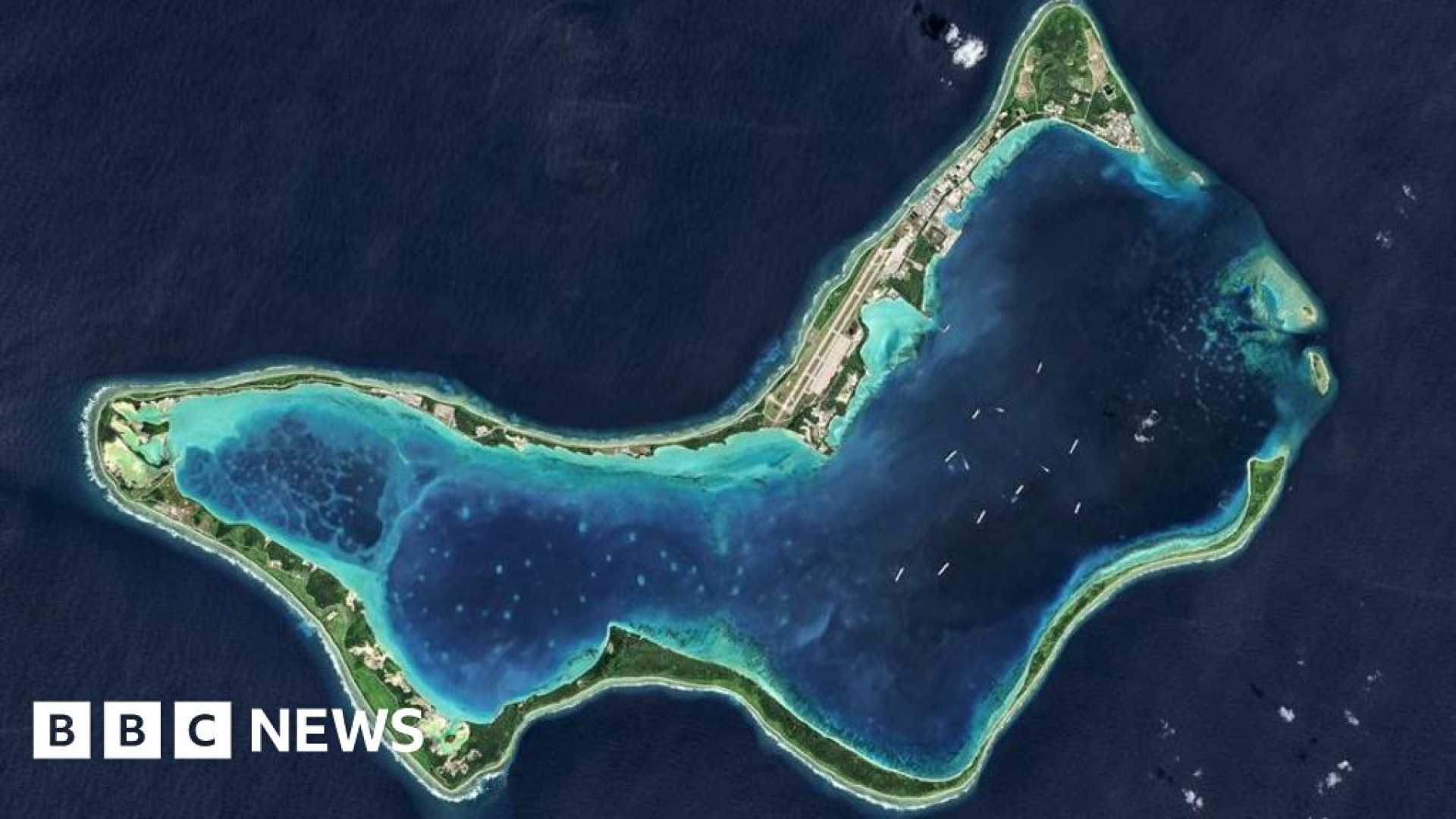News
Controversy Surrounds UK’s Handover of Chagos Islands to Mauritius

The decision by the United Kingdom to cede sovereignty over the Chagos Islands to Mauritius has sparked criticism and highlighted longstanding grievances among the Chagossian community. While some welcome the move, concerns remain about the exclusion of Chagossians from negotiations, the fate of Diego Garcia as a military base, and the potential geopolitical implications.
The Chagos Islands, strategically situated in the Indian Ocean, comprise a group of remote islands, including Salomon Islands, Peros Banhos, and Diego Garcia, the latter being a key US military base. The islands were taken from France by the British after the defeat of Napoleon in 1814 and officially designated as British territory in 1965.
Pivotal to the controversy, the forced displacement of over 1,000 Chagossians between 1965 and 1973 has left a lasting impact. The community, now dispersed across Mauritius, Seychelles, and the UK, has pressed for rights to return and self-determination. Yet, many feel sidelined in the recent talks between the UK and Mauritius.
Pascalina Nellan, a Chagossian living in the UK, voiced her anger at the perceived “exclusion” from these negotiations. “Every time we made a request to be heard we have been excluded,” she told the BBC, lamenting the lack of involvement of Chagossians in shaping their future. Similar sentiments were expressed by Frankie Bontemps, frustrated by the community’s “powerlessness.”
Despite assurances from the UK Foreign Office that Chagossian interests were prioritized, many remain unconvinced. The agreement ensures Diego Garcia remains a joint US-UK military base for 99 years, preventing Chagossian resettlement there. Steeve Bancal, another Chagossian in the UK, expressed hope for resettlement opportunities under Mauritian governance but criticized the secretiveness of negotiations.
The handover has also drawn political reactions within the UK. Conservative figures like Robert Jenrick and Tom Tugendhat warned of potential security risks and greater Chinese influence in the region, while Foreign Secretary David Lammy affirmed the strategic importance and strengthened ties with Mauritius.
Internationally, Human Rights Watch has called for further consultation with those displaced, stressing the need for reparations and a focus on the Chagossians’ ability to return. The International Court of Justice had previously ruled the UK’s occupation of the islands as “unlawful,” bolstering Mauritius’ claims.
Mauritian Prime Minister Pravind Jugnauth reaffirmed his country’s commitment to concluding the decolonization process, thus reclaiming not just land but a facet of national identity. The Chagossian community, however, remains divided on this development’s implications for their identity and future.












